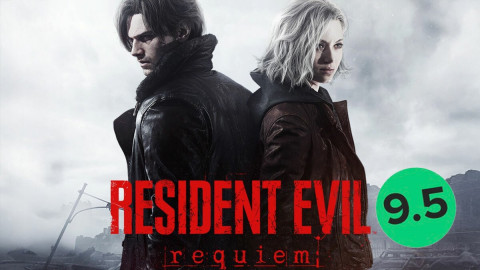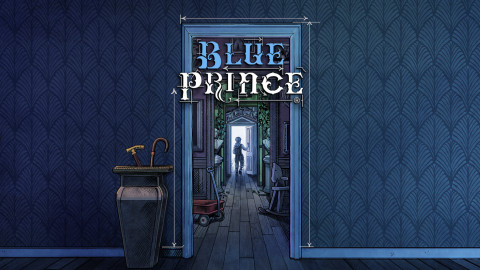
More than 20 different consumer groups from 18 different European countries have come together asking authorities to act on the subject of loot boxes, with a new study from Norwegian Consumer Council (NCC) aimed at educating those in power on the predatory and potentially harmful effects of the practice.
“INSERT COIN: How the gaming industry exploits consumers using loot boxes” was published today, May 31, with the main goal of proving and demonstrating how loot boxes exploit certain vulnerable users. The study, which mentions games like FIFA and Raid: Shadow Legends, is the latest in a long line of reports and news stories that demonstrate this point.
The report talks about "exploiting cognitive biases" and "using aggressive marketing practices", both of which are already common in gambling and other industries. What makes loot boxes different is the lack of regulation, and the fact they are pushed at adults and children alike, meaning kids are being trained to gamble from a young age.

"Regulation is incredibly complicated"
Some may say this isn’t as serious an issue, but we’ve seen stories that demonstrate the incredible power of game design, including the tale of a Melbourne woman who stole nearly 1 million AUD to support her gaming habit. At one point, she said, she was so addicted to the game that she would leave it on automatic mode overnight while she slept.
One of the most crucial problems highlighted by the report, as mentioned above, is the fact that until now, loot boxes have largely escaped any sort of regulation, the sort of which would normally apply to ‘gambling’. The use of that term is much debated in the industry, but many feel there are enough similarities to justify similar legislation being passed.
We spoke to Ollie Ring, an Analyst at Regulus Partners working on the economy of esports and the gambling industry. When we asked him his thoughts on the potential to regulate loot boxes, he was clear that it is far from a simple solution. “The regulation of loot boxes (and wider, video games) is incredibly complicated. Broadly, how they should be regulated comes down to the extent to which it involves behavioral notions of gambling, or a legal threshold of gambling is met.”
In terms of regulation, he does believe this needs to be treated differently to gambling, even if there is a lot of crossover between the two areas. “It's difficult to see video game companies obtaining gambling licenses, nor do gambling regulators have the requisite expertise to create effective regulatory policy around video games. As this report emphasizes, tackling loot boxes and 'predatory' practices through consumer protection law may well be the best place to start.”
Part of the problem, in this case, is also who is responsible for policing the issue, with some nations already having put rules in place to protect users and decrease uncertainty about the potential contents of a box. With the report stating that more than half of the EU’s 250m consumers now play games, and the gaming industry now worth nearly $200bn in 2021, the power in games company’s hands is increasing every year though, with their political influence following suit.
Sort by:
Comments :0






